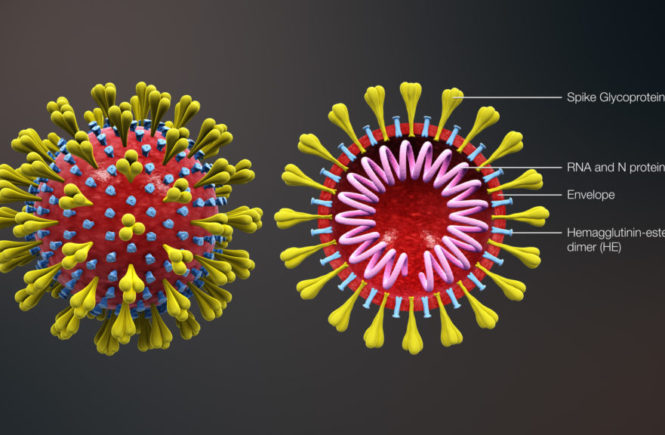For most Americans, Thanksgiving is a time brimming with family, camaraderie and abundance in all things, especially food. But for those who are alone or in need, it can be one of the most painful of times.
That’s why Rabbi Eli Rivkin will be out making the rounds in the unusually cold, driving rain that is battering the West Coast and much of the nation, bringing pints of hot chicken soup and gallons of warmth to those who require it most.
“At a time when we’re focusing on thanking G‑d for what we have, how fitting to spend that time sharing with others,” Rivkin tells Chabad.org from suburban Los Angeles, where he co-directs Chabad of Northridge, Calif., with his wife, Tzippy.
The Northridge Community Chicken Soup Project, as it’s been dubbed, is part of a series of programs and events that make up Aaron’s Culinary Experiences, an initiative that brings Jewish heritage to kids, teens and adults through cooking and sharing kosher food. The program was created by Gail and David Friedman in memory of their son, Aaron, who was an executive chef for a number of years before passing away at age 30. In the two years since its inception, Aaron’s Culinary Experiences has grown to encompass more than a dozen programs serving hundreds of Californians.

“Aaron loved two things: He loved cooking, and he loved working with children,” says Gail Friedman. “So when Rabbi Rivkin suggested a way to incorporate both of those into a perpetual legacy for our son, we thought it was perfect.”
The flagship program of Aaron’s Culinary Experiences is “Mini Chefs,” designed for preschool-aged children. “Their parents don’t let them in the kitchen alone, but here they get the chance to be really involved,” says Tzippy Rivkin. “They’re cutting with plastic knives; they’re mixing, baking. They love it!”
The kids bake or cook something delicious, and each week’s culinary project is interwoven with Judaism and learning. The current session, for example, is a series on Jewish heroes. Last week, the kids learned about Aaron the High Priest, who “loved peace and pursued peace,” seeking to unite families. Along those lines, they baked banana bread and learned how bananas grow in bunches, just like families.
A few weeks of the year are dedicated to learning about Shabbat. The children bake challah, cook chicken soup, and when they “graduate” from the course they enjoy a Friday-night Shabbat dinner, together with their parents, at the Rivkins’ home. “The food brings people in, but the program leads so often into much more involvement with Judaism,” says Tzippy Rivkin. “Many of these kids have since joined our Hebrew school, our day camp; it’s a great segue into other aspects of Jewish life.”
Other offerings include “Kids in the Kitchen,” which educates elementary-school students about Jewish foods and traditions; challah, hamantaschen and rugelach bakes for teens; and advanced baking classes for adults, featuring guest chefs.

Expanding Circle of Kindness
Then they decided to take it a step further.
“Our first experience with Chabad was at Arizona State University, where our children studied,” recalls Gail Friedman. “We loved the chicken-soup delivery program that Rabbi Shmuel and Chana Teichtel started, so I asked Rabbi Rivkin, ‘Why don’t we bring it here?’ ”
And the program’s popularity has grown in leaps and bounds.
“We posted something about it on Facebook, and the traction it got was amazing,” reports Tzippy Rivkin. “We’ve been contacted by people we otherwise rarely interact with asking us to bring soup to friends in need.”
Gail Friedman plans to expand the program further, bringing a pot of soup to shiva homes for families mourning the loss of a loved one. “People who are feeling down may not want to eat much, but soup is always appreciated,” she says. “And with the chicken-soup delivery program, you find out who’s not feeling well, which you might not otherwise be aware of. It’s an opportunity to connect with people and help out.”

Branching Out
Plans for Aaron’s Culinary Experience include branching out to additional Chabad Houses, as well as an innovative “how-to” booklet that will be made available to all Chabad centers with detailed instructions on how to create their own programs. “It will include lists of supplies, recipes, marketing suggestions, even which containers and stickers to use,” says Eli Rivkin. “We’re also hoping to create a grant for Chabad centers that wish to start their own cooking programs and join the network of Aaron’s Culinary Experiences.”
As they plan to expand their reach, the focus still remains on the individual. Just the other day, Rivkin brought a container of hot soup to Al, a community member who wasn’t feeling well. The text message the rabbi got the next morning says it all:
“Good morning! The soup was wonderful. I think it worked better than the pain meds,” it read. “Thanks again for all your kindness.”





